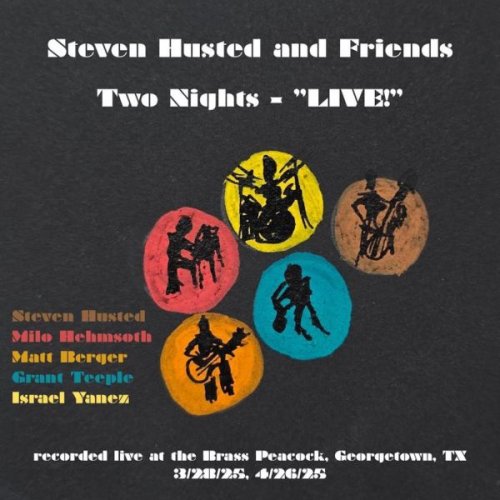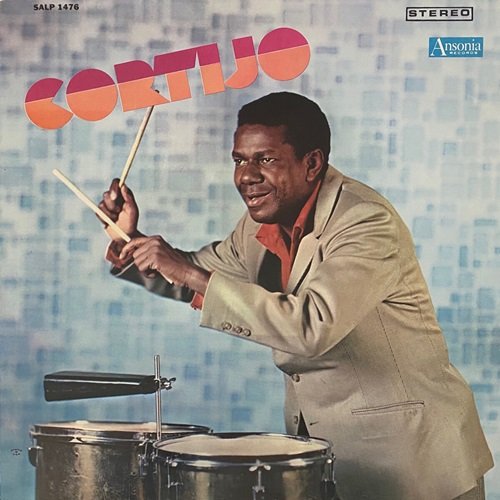Miles Davis - Jazz at the Plaza (1990)
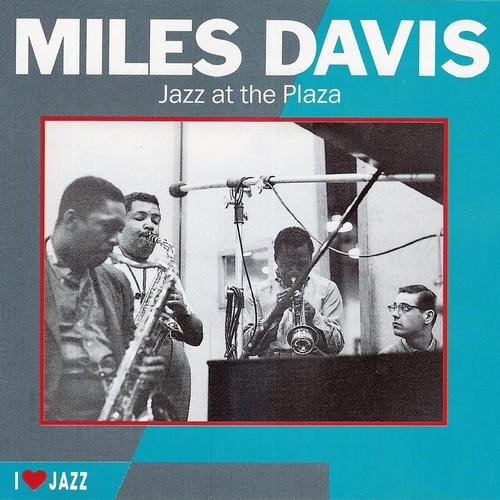
Artist: Miles Davis
Title: Jazz at the Plaza
Year Of Release: 1990
Label: CBS
Genre: Hard Bop
Quality: FLAC (tracks) / MP3 320 Kbps
Total Time: 40:41
Total Size: 294 Mb / 103 Mb
WebSite: Album Preview
Tracklist: Title: Jazz at the Plaza
Year Of Release: 1990
Label: CBS
Genre: Hard Bop
Quality: FLAC (tracks) / MP3 320 Kbps
Total Time: 40:41
Total Size: 294 Mb / 103 Mb
WebSite: Album Preview
01. Straight, No Chaser (Monk) - 11:06
02. My Funny Valentine (Hart-Rodgers) - 10:20
03. If I Were a Bell (Loesser) - 8:26
04. Oleo (Rollins) - 10:49
Personnel:
Miles Davis - trumpet
Cannonball Adderley - alto saxophone
John Coltrane - tenor saxophone
Bill Evans - piano
Paul Chambers - bass
Jimmy Cobb - drums
Recorded live at Edwardian Room, Plaza Hotel, New York on September 9, 1958.
Back in 1958, Jazz at the Plaza was never meant to be a record; it was a Columbia party at the Plaza, a place jazz had never been played before. Also on the bill were Duke Ellington, Billie Holiday, and Jimmy Rushing. Despite the fine remastering job done by the Sony crew, Jazz at the Plaza remains more a curiosity piece than an essential recording by a remarkable band, strictly because of its dodgy recording quality. The 40-minute set is plagued by the problem of barely being able to hear Davis in places, particularly on the stellar opener, "If I Were a Bell," and Evans is all but absent on much of the record. In fact, there is no mix; it's just a flat-out two- or three-mike set. That said, the performance is far from dodgy. There are four tunes in the set: the previously mentioned old stripe from Guys and Dolls; "Oleo," played at a blistering tempo; "My Funny Valentine," which, although recorded by Davis' previous quintet for Prestige, had become a staple in the sextet's play book; and Monk's "Straight, No Chaser." It is perhaps the last that brings the sextet to full bloom in this performance. Davis plays the theme faster than normal, alternating the groove between full and cut time, and Bill Evans goes directly to quoting "Blue Monk" in his own solo. Also notable is the performance of "My Funny Valentine" without the saxophone giants John Coltrane or Cannonball Adderley. But here, again, given the recording quality, it just feels like they weren't miked -- the audience is louder than the band on most of this. Nonetheless, Davis had turned the tune inside out by this time and was playing it in his new modal style; the melody became a skeleton and was replaced by the ghosts of intervals that kept its integrity and made it recognizable. This is not to say Davis had abandoned melody for mode entirely because his melodic sensibility, which was instinctual, is what made the modalism on the sextet level possible in the first place. Ultimately, Jazz at the Plaza succeeds mightily on the level of its fine performance, but is for hardcore jazz fans only, due to its dubious sound quality.
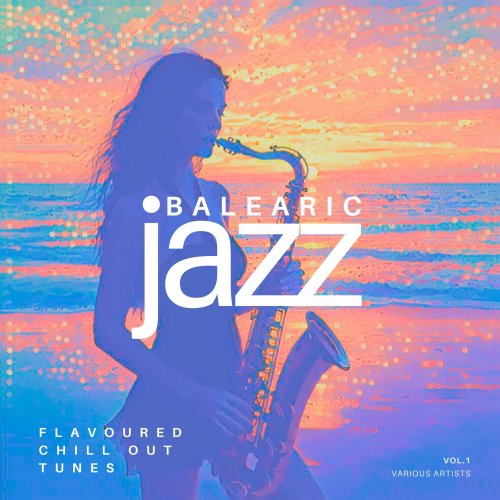
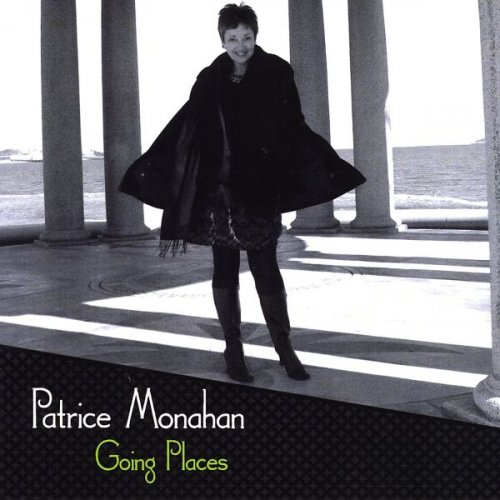
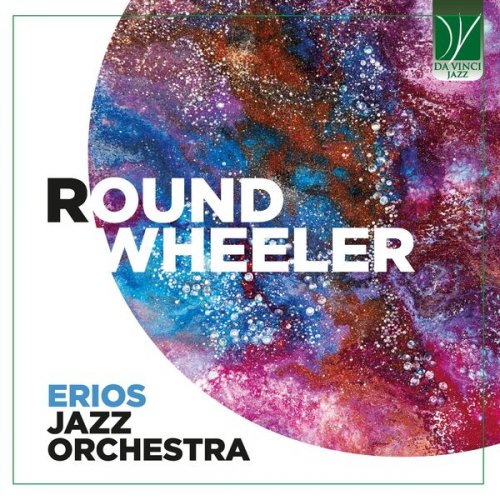
![Ying-Da Chen - Off Peak Hours (2026) [Hi-Res] Ying-Da Chen - Off Peak Hours (2026) [Hi-Res]](https://www.dibpic.com/uploads/posts/2026-03/1772675823_pt83tz5y29z1r_600.jpg)
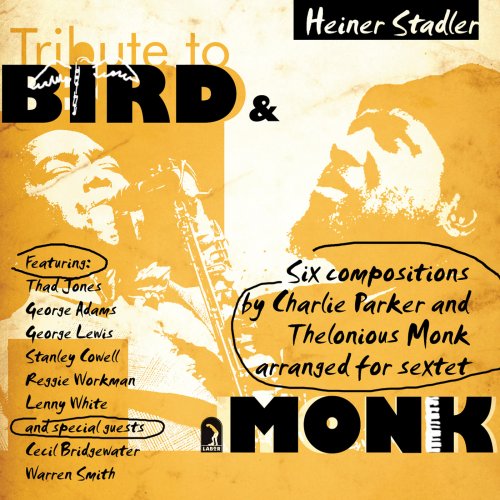
![Thomas Bergsten Trio - Chill Microtonal Free Jazz and Modern Composition To Study To (2026) [Hi-Res] Thomas Bergsten Trio - Chill Microtonal Free Jazz and Modern Composition To Study To (2026) [Hi-Res]](https://www.dibpic.com/uploads/posts/2026-03/1772434983_p1cagvb6yegof_600.jpg)

